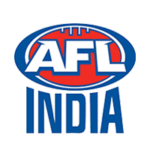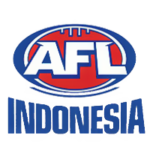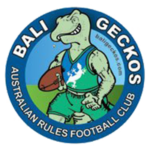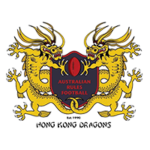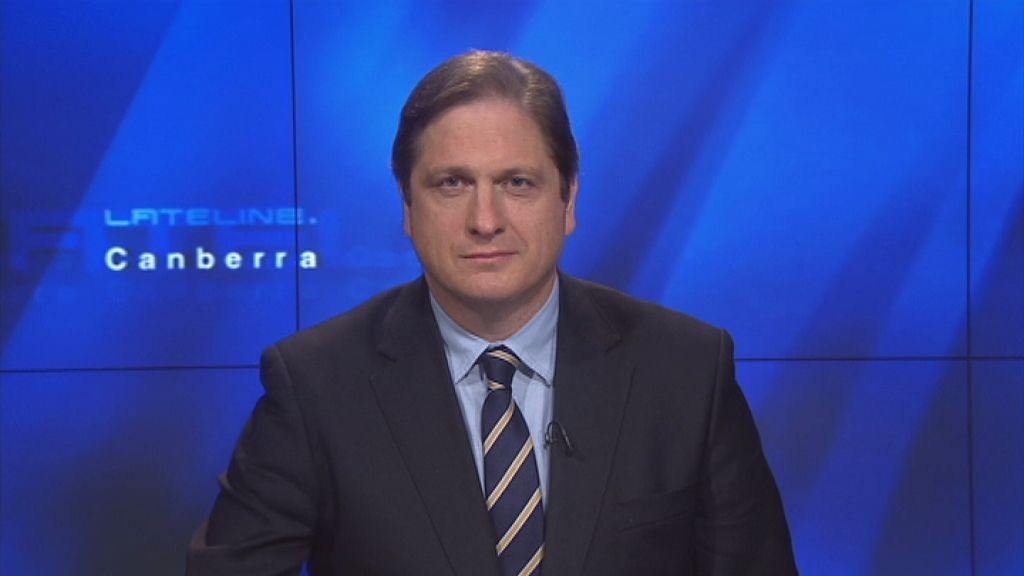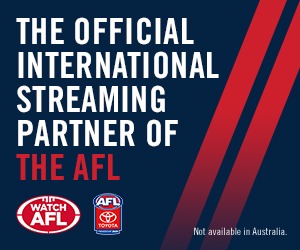Tim Harcourt is the Airport Economist and here in his Footynomics series, he writes that the “big men fly in Dubai, Dalian and Delhi: the international dimensions of Aussie Rules Football”. He also refers to several AFL Asia in the article.
I’ve been very lucky in my life. I’ve been lucky to watch a lot of games of footy. I’ve seen the big men fly in Toronto, London, China, South Africa and even in Latin America. I was also once in the United Arab Emirates (UAE) and saw Collingwood play the Adelaide Crows at a polo ground half way between Abu Dhabi and Dubai.
Now there’s even an international Aussie rules carnival in Australia – with great enthusiasts from India, China, Denmark, PNG, South Africa and the rest all battling it out. I am told many have been inspired by Brett Kirk’s new movie “Aussie Rules the world” about his odyssey around the world to spread the gospel. Kirk, a champion player for the Sydney Swans, has been building on the earlier great work of Kevin Sheedy, AFL’s international ambassador and indigenous legend Michael Long who took “the flying boomerangs” and indigenous AFL team to South Africa.
But can we take the Aussie Rules global expansion seriously? Some of the other football codes sure don’t and been unnecessarily aggressive about our indigenous game. For example, the UK authors of Soccernomics, Simon Kuper and Stefan Szymanski, who barely mention Australia in their book and when they do they predict:
“A century from now, Aussie Rules might exist only at subsidised folklore festivals.”
They clearly know nothing about Australia, we haven’t subsidised folk festivals in years – just ask the Coodabeen’s folk singer and footy song writer Greg Champion.
And then of my colleagues – a ‘soccer-aholic’ who insists that soccer is the only football (even though the Australian national team is called the Socceroos) once said “one day Aussie Rules will be to Australia was Morris Dancing is now to England – a quaint custom of years gone by.”
But putting aside this “footy chauvinism” aside (for the record I support all codes of football as a true supporter of multiculturalism and tolerance and never miss a World Cup in Rugby, League, Soccer –Football or Cricket) what can we make of this international foray by the AFL in what is essentially a domestic game (albeit a darn good one)?
The international plans for Aussie rules are not what you may think. In fact I asked the AFL supremo Gillon McLachlan about the expansion plans when I first interviewed him about the UAE game.
He explained: “the match’s purpose meets a number of football and business objectives. The AFL wants to grow international participation in the game, serve the Australian expatriate market and grow the game financially too amongst Australian and international business interests. The financial side of the game is increasingly a global proposition”.
So the AFL are going global for reasons that are a combination of economics and football diplomacy.
First, the AFL wants to service the expat market in places like Dubai, London, and Hong Kong. You can see why they picked the UAE with 16,000 Australian expatriates and 2,000 Australian companies using the UAE as their hub for the gulf region and other parts of the Middle East and Africa. The same goes for London as a base for Europe and Hong Kong for China. The Lowy Institute in their seminal work found there were 1 million Australians abroad which is a lot for a country of 23 million and plenty of expatriates are influential in business and diplomatic circles.
Second the AFL can help widen the market for sponsors by going global. This explains Port Adelaide’s progressive strategy in China, and Fremantle in South Africa which is part is also allowing Australian companies to meet their global aspirations at same time. As Port’s chairman David Koch puts it: “This is part of our commitment to not only growing our image and brand but also growing the game.”
Third, the AFL can help international companies build their brand in Australia, Middle Eastern companies like Emirates and Etihad, Chinese and Korean companies like Huawei and Samsung, (with the Canberra Raiders and Sydney Roosters respectively) Indian companies in cricket, European companies like Renault (with Port Adelaide) have all increased their brand presence in Australia by sponsoring a sporting team.
Fourth, international opportunity is good life experience for the players, supporters and sponsors. Both Collingwood and The Adelaide Crows found the exercise in UAE useful. Adelaide’s CEO Steven Trigg, at the time said it was good for the 1,000 supporters making the trip and Collingwood provided special supporter’s package through Emirates their long term sponsor. For the players, Collingwood took the team to Africa first and Adelaide used the whole experience for older players to meet young recruits to help build team cohesion amongst our playing group. Port Adelaide wants to do the same thing with a match for premiership points in China by 2016.
Fifth there’s ‘soft diplomacy’. Aussie teams like the Vietnam Swans, Jakarta Bintangs, Beijing Bombers, and Shanghai Tigers all build ties in Asia between Australians and locals. Not to mention the teams in South America and the rest of the world. These clubs do important social policy and charity work too. I was once at a Shanghai Tigers fundraiser for the half the sky foundation that helps Chinese orphans and in South Africa I witnessed the good work that the Fremantle Dockers do to reduce smoking and other social problems in the townships via the ‘Footywild’ programme.
The AFL also provides career aspirations for non-Australians who love Aussie Rules. In India, there’s the amazing Sudip Chakraborty, who was converted to Aussie rules after meeting Ricky Ponting in Kolkata. Chakraborty has written a Master’s thesis on the AFL’s international expansion (into Europe at Loughborough University that specialises in sport management), holds training sessions in Kerala and he even showed Brett Kirk where footies are made in a factory in the Punjab. “Kirky told me he slept with his footy from when he was a kid so I had to show him where footies are made!” laughed Chakraborty. In some ways, Chakraborty went through his own spiritual journey with Aussie rules just like Australian backpackers do when they go to Varanasi or Goa. In fact, Brett Kirk himself is known for his spiritual side off the field as much as his hard attack of the footy on the field).
So in conclusion, is this all part of the AFL’s (not so secret) plan for world domination? No, not at all says Gillon McLachlan: “our main focus is on being the national code, hence our work in New South Wales and Queensland and regional areas. But the international programme is a good investment in the game’s development – particularly given the global focus of many Australian companies, and the aspirations of Australians and non-Australians abroad to come together over a game of footy.”
All football codes have their place, but the Australian indigenous game is part of the Australian brand and as the famous Australian economic historian Geoffrey Blainey says it is truly “A game of our own.” So why not share it with the world.
*Tim Harcourt is the JW Nevile Fellow in Economics at the UNSW Business School, UNSW.
He is also the author of The Airport Economist, Trading Places and his next book – Footynomics – the business of sport.
* For more articles that have been published about AFL Asia and our member clubs, click here.
